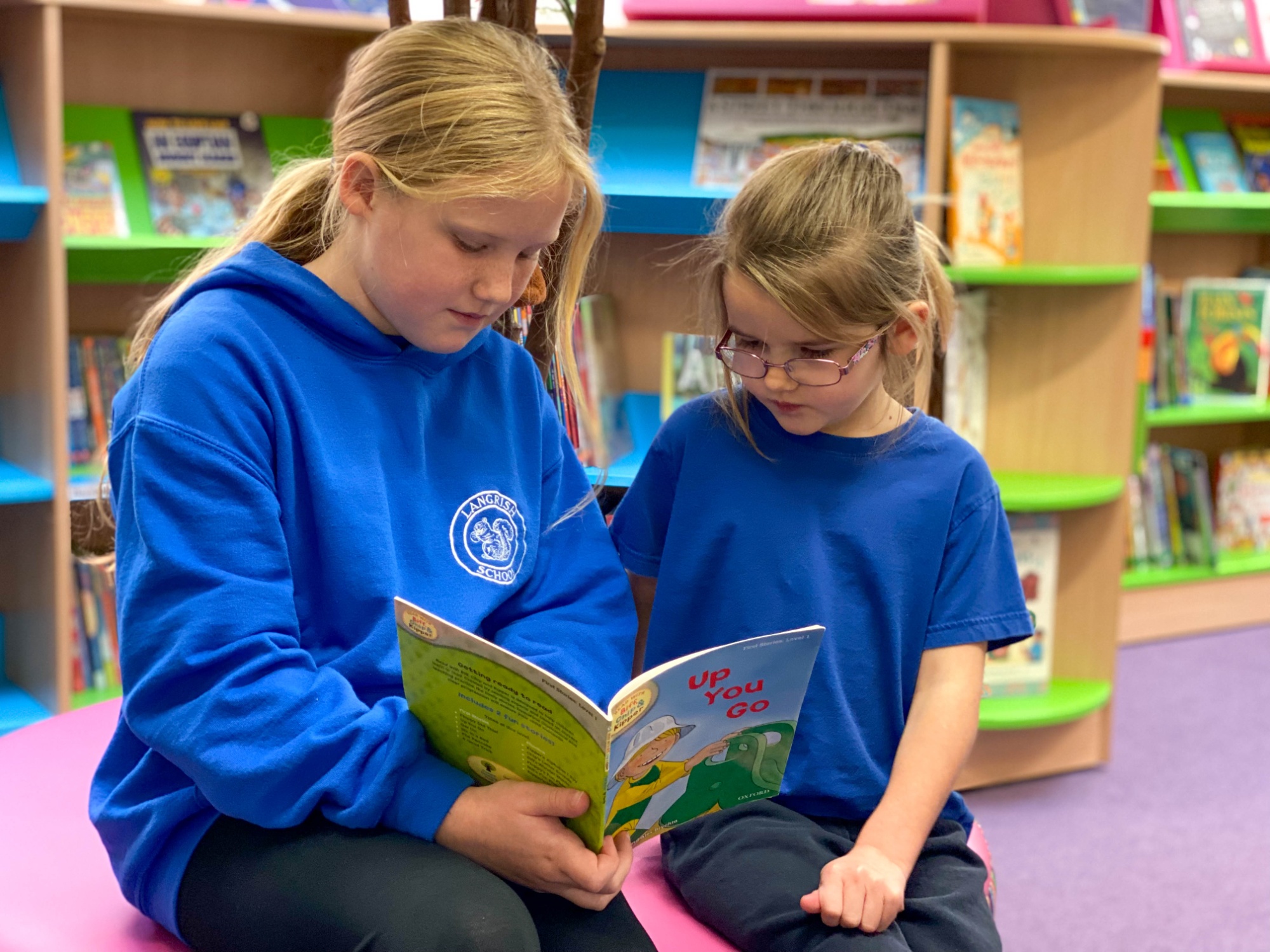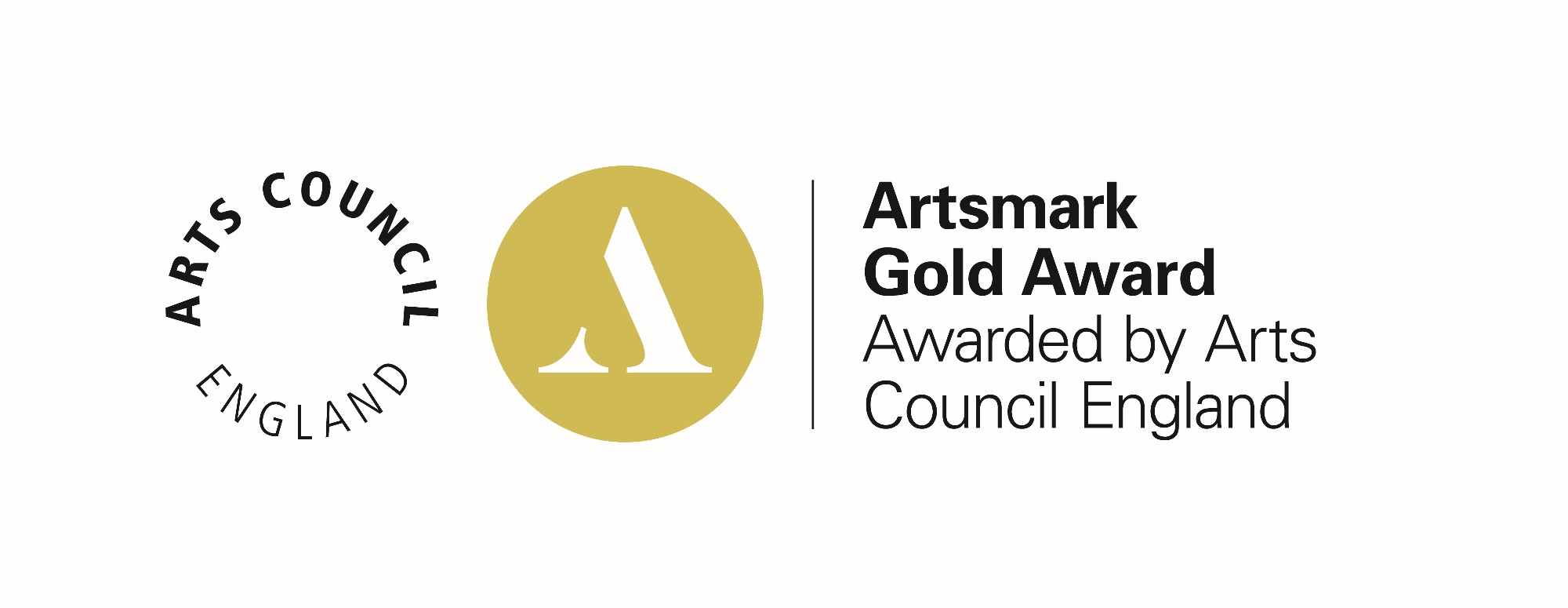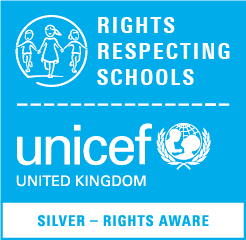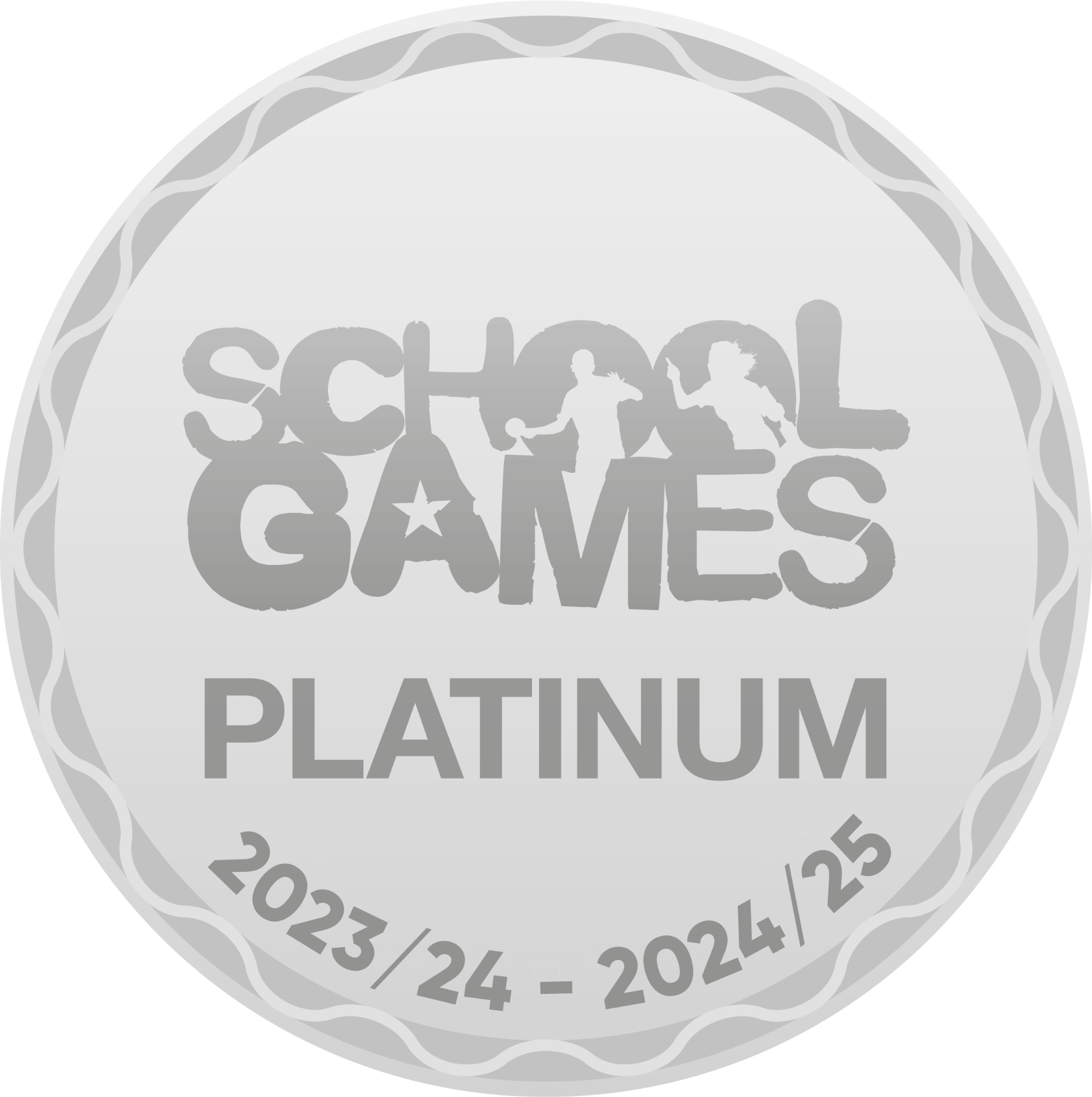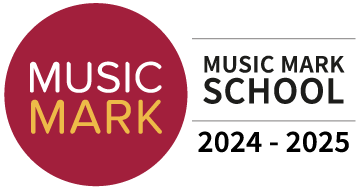French
Intent
At Langrish we being our French learning at the beginning of Key Stage 2. Through our scheme of work (Language Angels), children have the opportunity to listen, speak, read and write in French alongside building their cultural understanding of another language and nationality.
Our curriculum is built around the three ‘pillars’ of language learning (phonics, grammar and vocabulary) and these are woven within all of our units. The language is introduced gradually and becomes more complex and sophisticated as children progress through Key Stage 2. We believe that an understanding of French phonics supports the learning of the language, particularly focusing on how this is different from the English phonics system. A phonics unit is taught at the beginning of each year group, building each time on the sounds learnt before. Correct pronunciation of the language is key, we use sound clips of authentic French speakers, alongside a French speaking Learning Support Assistant, to ensure that children practise and learn the correct pronunciation.
By the end of Key Stage 2 we aim for all of our children to be able to;
- Understand and respond to spoken and written language
- Speak with increasing confident and fluency
- Improve the accuracy of their pronunciation
- Write simple sentences in French for a range of purposes
Implementation

French is taught weekly throughout Key Stage 2 with the lesson length building from 30 minutes in Year 3 to an hour in Year 6. Each unit has a key theme, within which, all areas of language development receive a focus. Children begin a French phrase book In Year 3 which moves with them throughout the school. Within these, children compile key vocabulary for the unit they are studying, alongside any other incidental language learning that may arise within the unit. This allows them to have a personal record of vocabulary which can be used both during the unit and as language is revisited throughout Key Stage 2.
 Lessons allow children to apply their new language learning in a range of ways with opportunities to speak, write and read in French. French lessons are also linked to other areas of the curriculum and learning in previous years. In Year 5 the unit 'Les Romains' draws on children's Roman knowledge, from Year 3 history, to help them decode French texts.
Lessons allow children to apply their new language learning in a range of ways with opportunities to speak, write and read in French. French lessons are also linked to other areas of the curriculum and learning in previous years. In Year 5 the unit 'Les Romains' draws on children's Roman knowledge, from Year 3 history, to help them decode French texts.
Our Long Term Plan can be viewed at the bottom of the page.
Impact
The French curriculum gives children opportunities to explore the French language in a range of contexts. The units cover areas learnt about in other curriculum arrears (such as the Romans, traditional tales or the weather) allowing children to make links with other areas of learning.
Our French curriculum has been positively received by children and teachers alike. Children have commented on the varied format, content and tasks, particularly the opportunity to write narratives in another language.
We continually assess children's understanding and support and challenge as needed. In addition, at the end of each unit, children complete an assessment to check their listening, speaking, reading and writing. Teachers are then able to use these to plan next steps and inform the correct level of challenge for future units.
Here you can see some examples of our learning throughout Key Stage 2.
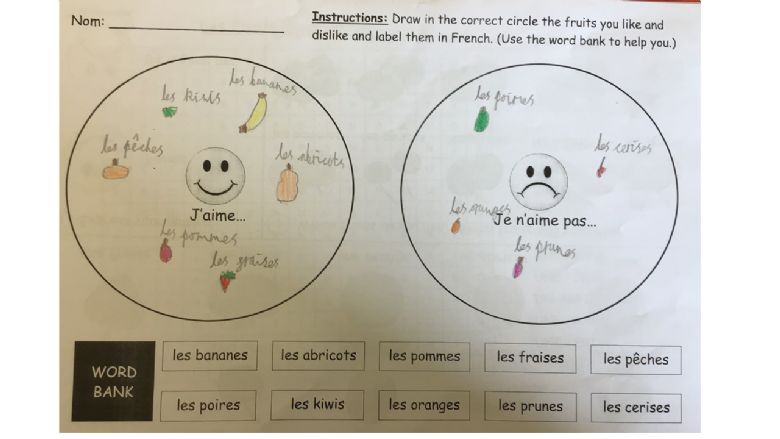
Year 3 - Describe people, places, things and actions in writing.
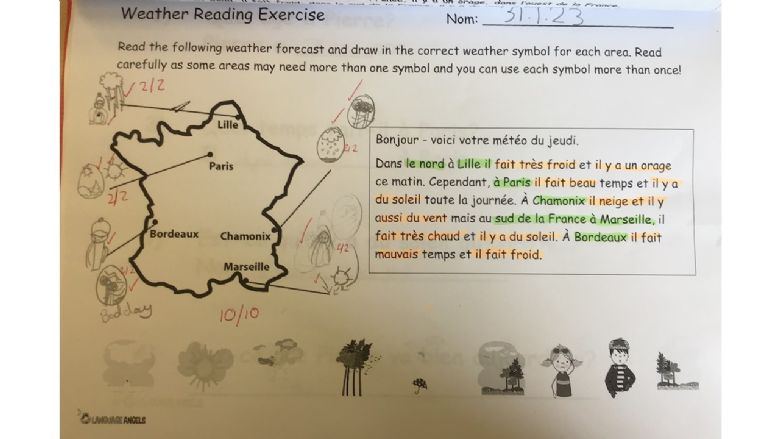
Year 5 - Read carefully and show understanding of words, phrases and simple writing.
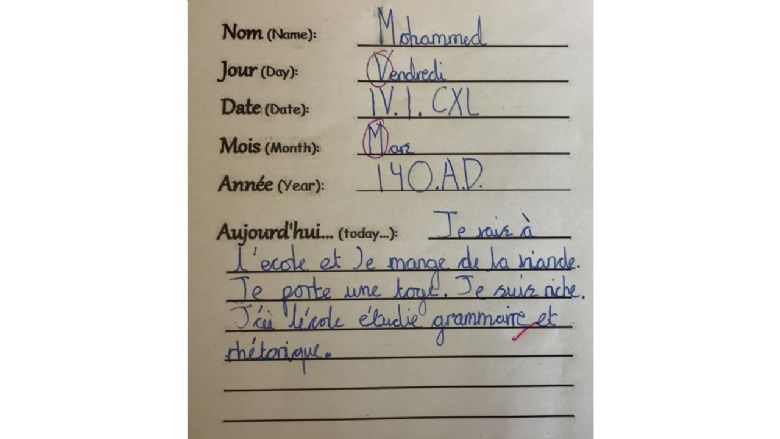
Year 5 - Describe people, places, things and actions in writing.
Un Chant du Noel
Our French Performance Club began after half-term with weekly sessions leading up to Christmas. Directed by our wonderful French assistant, Mrs Horner, the children learnt 'A Christmas Carol', which they then performed with great confidence and fluency to the rest of Key Stage 2 and their families in the final week of term.
To enjoy a sample of their performance, watch the videos which capture the songs within the show. We are incredibly proud of their achievements and can already see the difference that taking part in this performance has had on their speaking and listening skills within the wider French curriculum.
SEND, inclusion & adaptation
We make French accessible for all. We do this by:
- Ensuring all lessons are meticulously organised and laid out in a clear series of learning steps. The lesson starts with a period of revision of previous knowledge and ends with a plenary. Challenge is only offered for classes and pupils that are ready for greater depth. Teachers do not move forward until they feel pupils are ready
- Lessons including a mixture of auditory, visual and kinaesthetic experiences
- Children are supported in written tasks through the use of word banks; different levels of scaffolding are used for different groups of children
- We have selected a scheme that uses colourful, child-friendly images and visual learning hooks for newly introduced information wherever possible. It also provides clear instructions for pupils and encourages links to prior knowledge at all available opportunities
- We prioritise in-depth understanding above the urge to speed though activities. We use routine, clarity and attention to detail. New language learning is repeated and revisited regularly
- Information is presented in a particular way and all lessons have been created around a clear pedagogy and methodology
- Children have the opportunity to work as a class, in pairs or small groups
EYFS and Key Stage 1
Despite not introducing formal languages teaching until Key Stage 2, we are keen to build children's understanding of different languages and cultures from an early age. Throughout the Early year and Key Stage 1 we explore festivals and cultural events. This gives children an awareness of other languages and cultures and celebrates the different languages within our school community.
Pupil Voice


